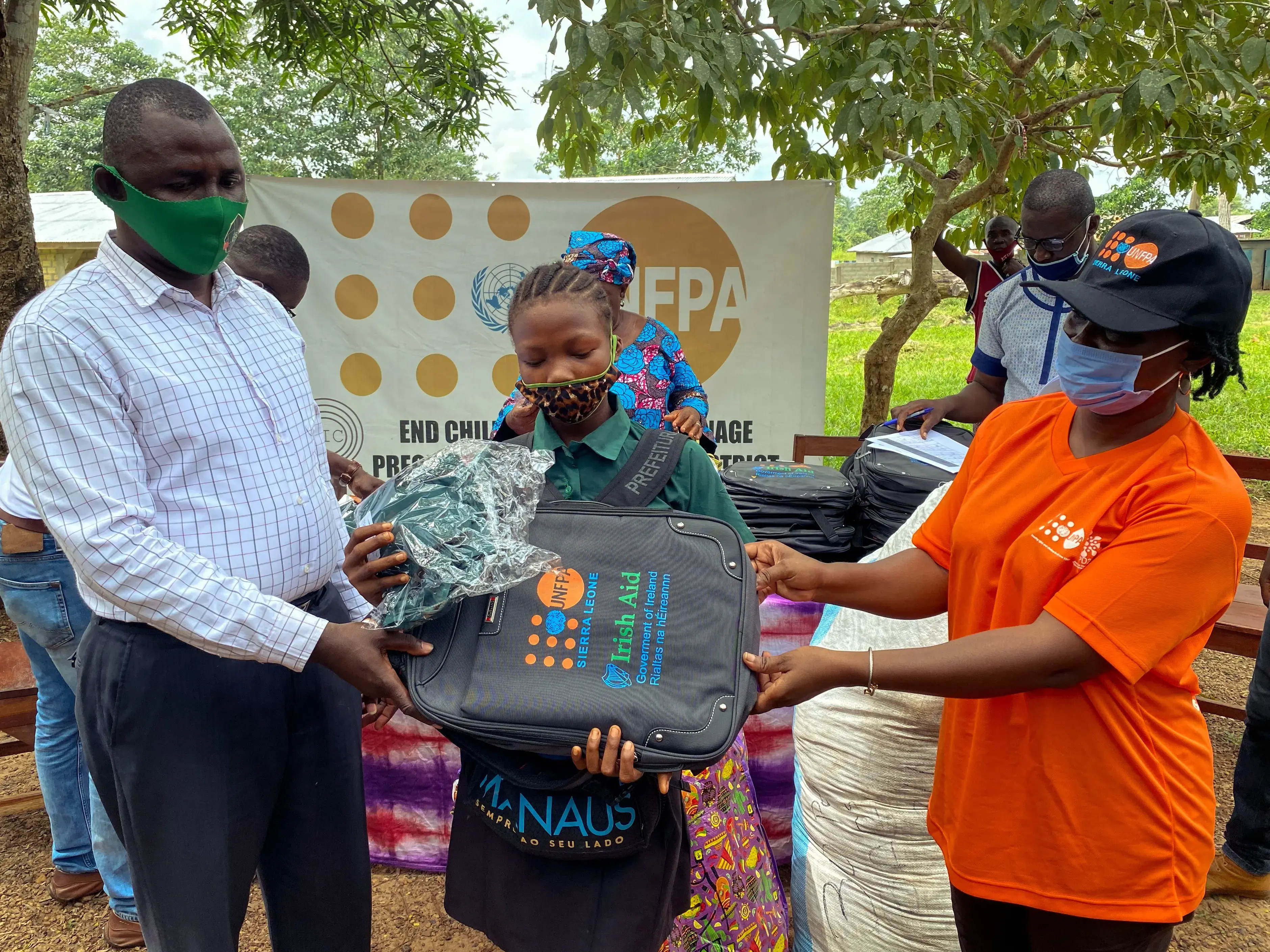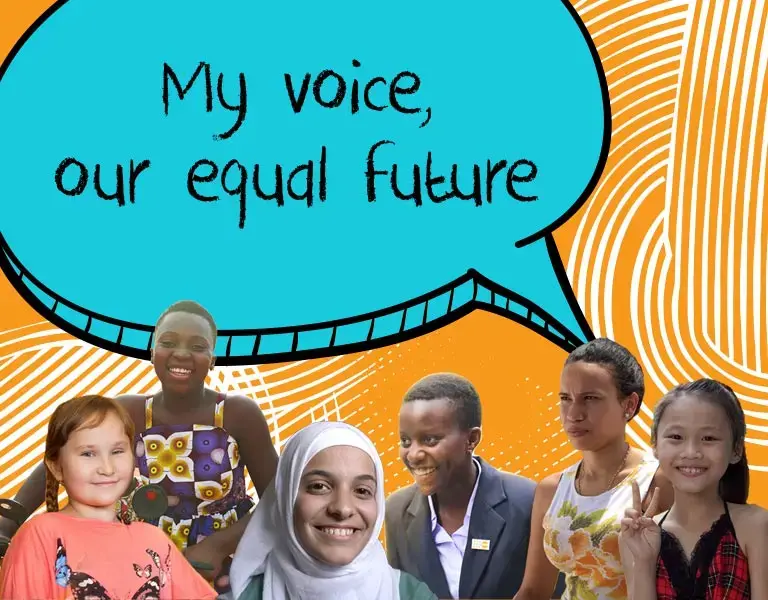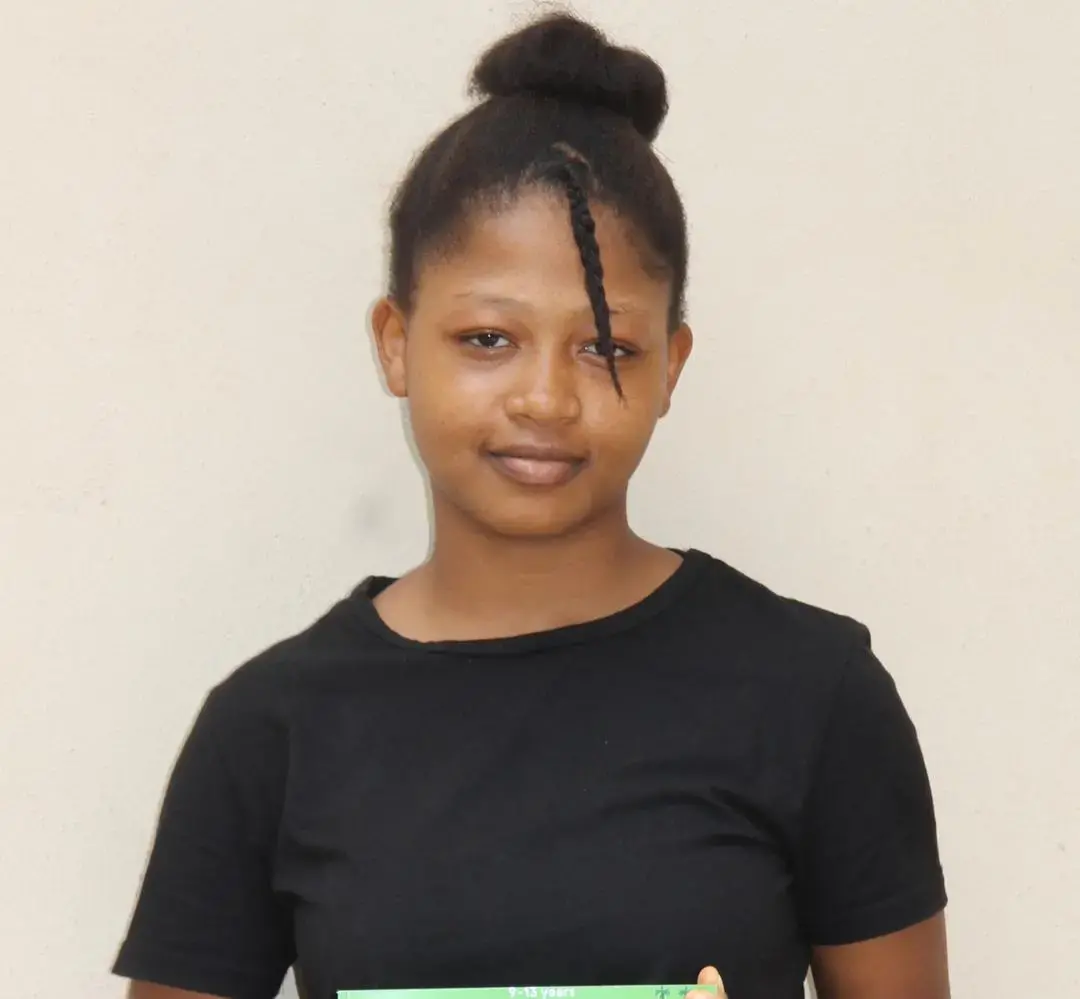By Marion Mbiyu
Every year, a large number of adolescent girls in Sierra Leone are forced into early marriages and drop out of school to become housewives and young mothers at an early age. Due to a lack of knowledge of reproductive health and contraceptives, many adolescent girls become pregnant and have no other choice than to live with or marry the father of their child.
Adolescent pregnancy and child marriage continue to be challenging issues in Sierra Leone, with one in six women aged 20-49 having married by the age of 15 years old, and 28 per cent of adolescents aged 15 to 19 have begun childbearing. In Sierra Leone, adolescent girls aged 15 to 19 years are at a high risk of maternal mortality and morbidity, with 47 per cent of female deaths amongst adolescents being maternal. This places young girls in situations where they are no longer able to reach their full potential and contribute effectively to the economic development of the country. With girls dropping out of school, leaving them unable to meet their educational achievements, the levels of literacy and poverty rates in communities increase.
Youth Advisory Panel
With funding from Irish Aid, UNFPA supported the National Secretariat for the Reduction of Teenage Pregnancy to establish a youth advisory panel consisting of 16 dynamic youth from across the country. The youth advisory panel aims to empower young people, especially girls by encouraging them and people in their communities to invest in their education as a way to improve their communities.
In search of the best young people to be members of the youth advisory panel, staff from the National Secretariat for the Reduction of Teenage Pregnancy and UNFPA travelled all over the country to meet and assess potential members. The team met close to 100 youth from diverse backgrounds - most of whom had tough upbringings. Sixteen candidates from 14 districts whom actively advocate for the empowerment of young people, and are passionate about reducing teenage pregnancy and ending child marriage, were selected as members of the youth advisory panel. The diverse panel include a young mother and persons with differing abilities, but most importantly, all members are advocates seeking positive changes in their communities.
In June, UNFPA provided technical support through a four-day orientation where the selected members were trained on communication and advocacy, leadership, core life-skills, data reporting and participated in interactive sessions on issues on gender based violence, gender equality, and reproductive health and rights.
The members expressed their satisfaction with the sessions, with one of the panelists, Fatmata Jalloh saying, “The orientation was excellent. I learned and was inspired a lot. Normally persons with disabilities [like myself] are not involved [in such activities] but this opportunity has leveled the playing ground for everyone and I learned to work as a team.”
Young people championing for change
Since the orientation, the panel members have become ‘youth champions’ within their own communities - advocating for an end to child marriage and teenage pregnancy.
Throughout the year, UNFPA will be supporting the youth champions to undertake at least one activity within their district. They are mentored and guided on the most effective ways to advocate and create awareness of these issues in their community in order to influence change.
The youth champions are pivotal in voicing the concerns of young people in their communities. To support them to advocate effectively, UNFPA is providing them with mobile devices to gather information on young people’s experiences of reproductive health services, and their knowledge on sexual and reproductive health. They are also provided with vital information on sexual and reproductive health, and gender-based violence referral pathways that they can disseminate through their networks.
***
For more information, please contact:
Angelique Reid, UNFPA Sierra Leone, Communications Specialist
Tel: +232 78340044 - Email: areid@unfpa.org




